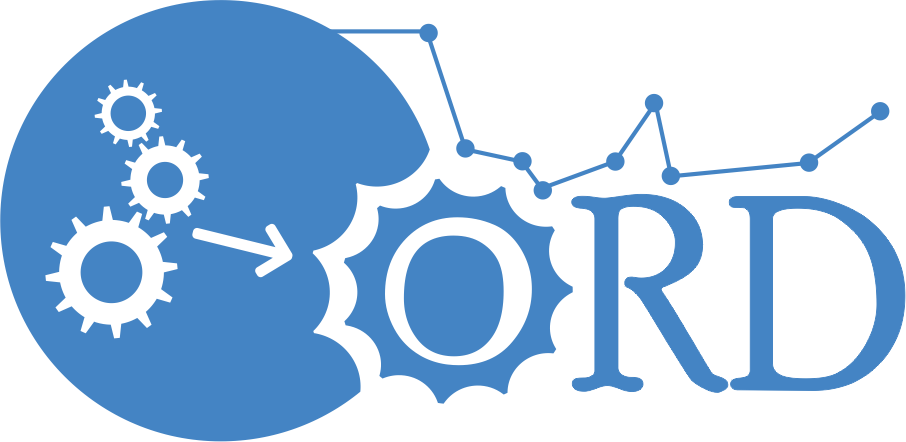Issue: 2014/Vol.24/No.2, Pages 35-58
THE ROLE OF NORMAL LOGICAL FORM IN DECISION-MAKING AND KNOWLEDGE MANAGEMENT
Tadeusz Galanc , Wiktor Kołwzan
, Wiktor Kołwzan , Jerzy Pieronek
, Jerzy Pieronek
Cite as: T. Galanc, W. Kołwzan, J. Pieronek. The role of normal logical form in decision-making and knowledge management. Operations Research and Decisions 2014: 24(2), 35-58. DOI 10.5277/ord140202
Abstract
The normal form in logic has been considered. Any propositional function, i.e. any finite logical expression can be written in such a form. This indicates the possibility of an unequivocal logical representation of many different objects investigated in science and everyday life. The properties of the normal form give a new dimension to the management of processes examined in science. Understanding of the laws of logic and its calculus allows us to obtain this form in a finite number of logical transformations. In addition, this form indicates the cognitive essence and pragmatic dimension of logic. The paper considers axiomatization, and then optimization. Both of these formulations of logic reflect its essence. Shannon’s theorem gives us only a modest signpost that reality has a complex nature, which is confirmed by the richness of logic in the form of its equivalent propositional functions. Knowledge about the behavior of these structures is ambiguous in terms of the complexity of the corresponding logical expressions, that is, two different or identical logical functions may be related to identical (similar) or quite different behaviors in relation to the processes or objects represented by these functions.
Keywords: normal form, knowledge, management, logic, pragmatism, decision making
Received: 9 April 2014 Accepted: 6 July 2014
